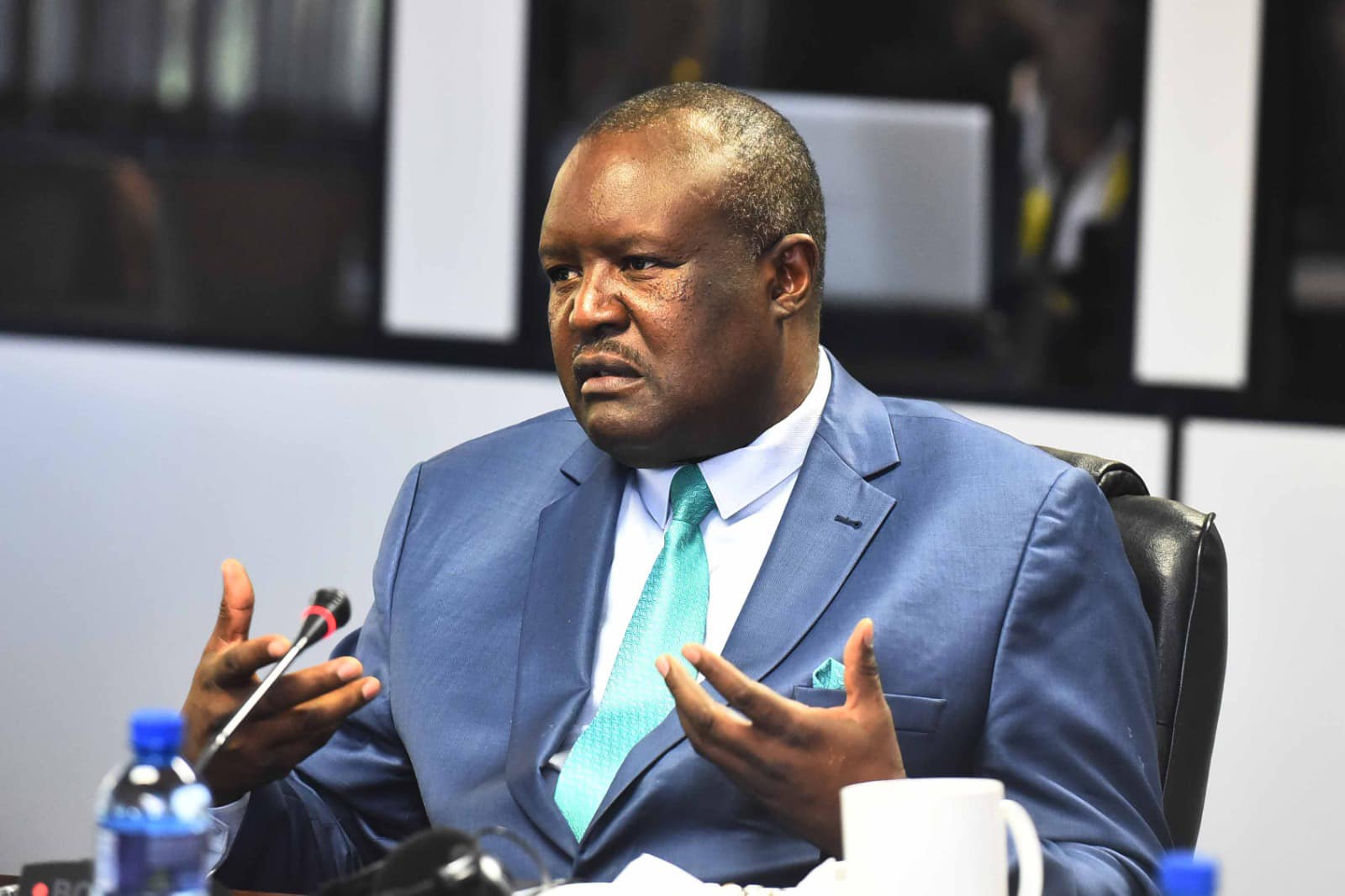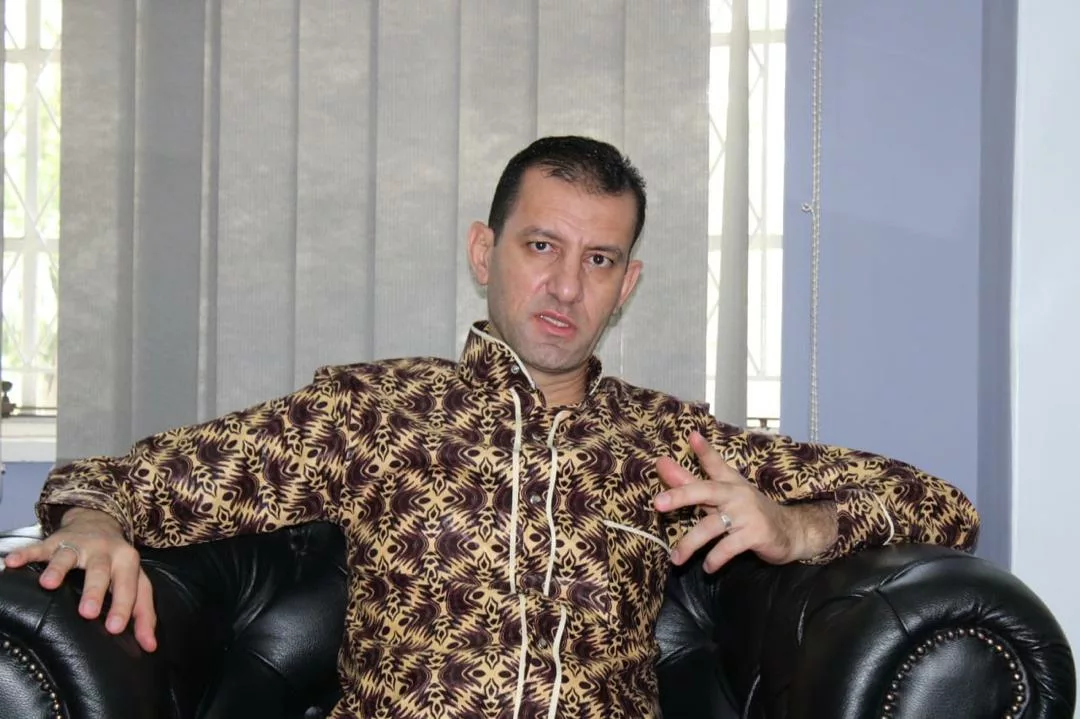|
Getting your Trinity Audio player ready...
|
African leaders have said Africa Day is an opportunity for the continent to leverage opportunities brought about by independence from colonialism to drive prosperity with a focus on education in pursuit of sustainable development.
Chief Fortune Zephania Charumbira, the President of the Pan African Parliament (PAP) urged parliamentarians to recommit to building a continent where knowledge and learning pave the way for unity, progress, and prosperity while promoting AU shared values.
“Through the oversight function of parliamentarians across the continent, we will strive to ensure that every African child has access to quality education,” Chief Charumbira said.
The Labour Economists and Afrikan Democrats (LEAD) reaffirmed its commitment to empowering the next generation of African leaders through education. It envisions an Africa where every individual has access to inclusive, lifelong, quality, and relevant learning opportunities, equipping them to thrive in the 21st century. LEAD recognizes the importance of building resilient education systems that foster critical thinking, and creativity, and prepare the youth to tackle the complex challenges facing the continent.
LEAD President, Linda Masarira, said Africa is a continent rich in natural resources and untapped potential that has long been plagued by poverty, political instability, and economic inequality. However, with the right strategies and collective efforts, she said Africa can unlock its full potential and become a prosperous continent.
“We need to invest in education and skills development. Education is the foundation of economic growth. African governments and international partners must invest in quality education, vocational training, and skills development programs to equip the continent’s youth with the skills and knowledge required to compete in the global economy. Africa needs to learn to diversify its economies. Many African countries rely heavily on a single commodity or industry, making them vulnerable to market fluctuations. Diversifying economies through industrialization, innovation, and entrepreneurship can create new growth opportunities and reduce dependence on external factors.
“Most African countries only invested infrastructure development in major cities whilst other towns and rural areas look like ghost towns or ancient cities. Africa’s infrastructure deficit is a significant obstacle to economic growth. Investing in transportation networks, energy systems, and digital connectivity can facilitate trade, increase access to markets, and attract foreign investment, which can benefit Africa and her people,” Masarira said.
She bemoaned the fact the promotion of trade and regional integration is happening at a snail’s pace, which is worrisome. In that regard, intra-African trade is crucial for economic growth. Regional integration initiatives like the African Continental Free Trade Area (AfCFTA) can help reduce trade barriers, increase economic cooperation, and create a unified market.
Sadly, some African countries are not utilizing AfCFTA effectively.
Masarira argued that greed, selfishness, and corruption have kept the African political elite in charge of everything at the expense of private sector investment and local direct investment. African governments should encourage private-sector investment. The private sector is a key driver of economic growth. As a panacea, African governments must create a favourable business environment, reduce bureaucracy, and offer incentives to attract local and foreign investment.
“As long as we don’t fully harness the natural resources we have, Africa will remain poor and backward. Africa’s natural resources can be a blessing or a curse. Effective management and sustainable exploitation of these resources can generate revenue, create jobs, and fund development projects. The issue of corruption and unethical conduct is very topical in most African countries. We need to sincerely address corruption and have an Africentric governance system in place in all African countries if African countries are to progress. Corruption and poor governance are significant obstacles to economic growth. African leaders must prioritize transparency, accountability, and good governance to create a stable and attractive business environment.
“Most of the raw materials used for technology come from Africa, yet we are failing to leverage technology and innovation. Africa can leapfrog traditional development stages by embracing technology and innovation. Investing in digital infrastructure, e-commerce, and startups can create a better Africa for our youth.”
LEAD acknowledges the progress made in expanding access to education but also acknowledges the persisting gaps and disparities. It therefore called for renewed efforts to:
– Increase investment in education infrastructure, technology, and teacher training
– Promote inclusive and accessible learning environments for all, regardless of gender, disability, or socio-economic background
– Foster partnerships between governments, the private sector, and civil society to support education initiatives.
– Encourage lifelong learning and skills development for a rapidly changing world
– Organic education models that ensure wealth creation for native Africans
“Together, let us work towards an Africa where every individual can reach their full potential, and contribute to the continent’s growth, prosperity, and global competitiveness. Happy Africa Day!”






